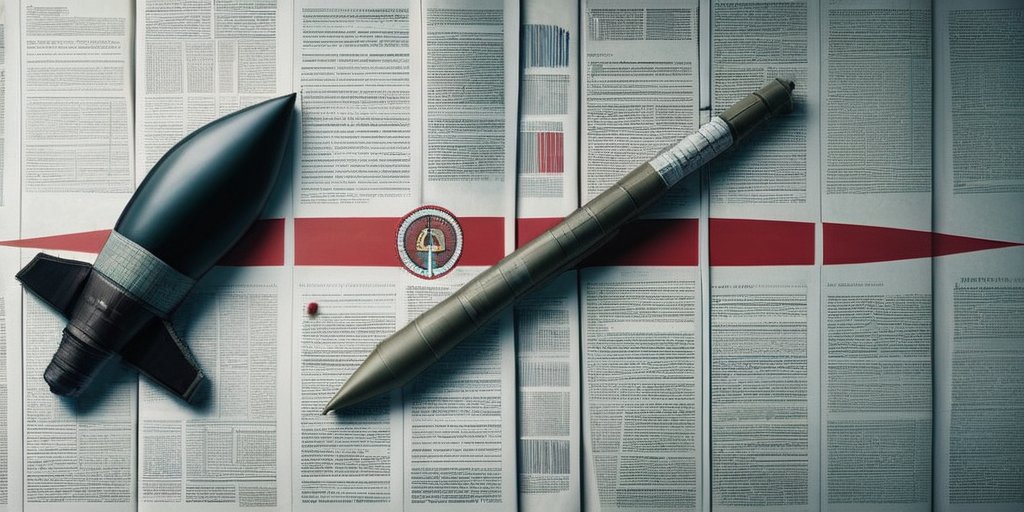In a heated exchange aboard Air Force One, President Donald Trump was pressed by reporters about escalating tensions between Israel and Iran, particularly regarding remarks made by his director of national intelligence, Tulsi Gabbard. After Gabbard testified that Iran was not actively pursuing nuclear weapons, contrary to Israel’s claims that they were close to developing one, Trump dismissed her statement saying, “I don’t care what she said. I think they were very close to having it.”
This public admonishment has stirred significant backlash among Trump supporters, raising questions about Gabbard’s position within the administration. Only a month earlier, sources had reported that Trump favored Gabbard’s input and appreciated her presence. However, as tensions rise over the Middle East conflict, reports indicate growing frustrations among senior officials regarding Gabbard’s apparent misalignment with the administration’s messaging on Iran.
Gabbard’s recent activities, particularly a video she shared warning of nuclear threats and criticizing political elites, were perceived as direct criticisms of Trump’s policy. According to insiders, when Trump feels that someone is “off message,” they are often sidelined from key discussions. This sentiment has led to rumors about Gabbard’s standing in the White House, however, both the White House and Gabbard sought to portray a united front in recent statements.
Gabbard has been actively pursuing an image aligned with Trump’s MAGA ethos, countering her past criticisms of him. Despite some doubts about her understanding of the complexities of the DNI role, she continues to assert her influence within the administration, even amidst skepticism regarding her capability to manage the vast intelligence community effectively.
Strikingly, Gabbard has been credited with identifying significant budget savings, and she aims to take control of the intelligence process to better reflect Trump’s strategic interests. Yet, opposition has emerged both inside and outside the Trump administration, criticizing her for using her position for political gain rather than the apolitical oversight that typically characterizes the role.
The continuing dynamic between Trump and Gabbard illustrates the fine line they are navigating amid rising geopolitical tensions and internal pressures. Some officials express concern that her actions may compromise the integrity of U.S. intelligence, raising ethical questions regarding the politicization of national security matters. As Trump weighs his options in the unfolding conflict with Iran, the role and influence of Gabbard remain central to the administration’s stability and efficacy in foreign policy.
